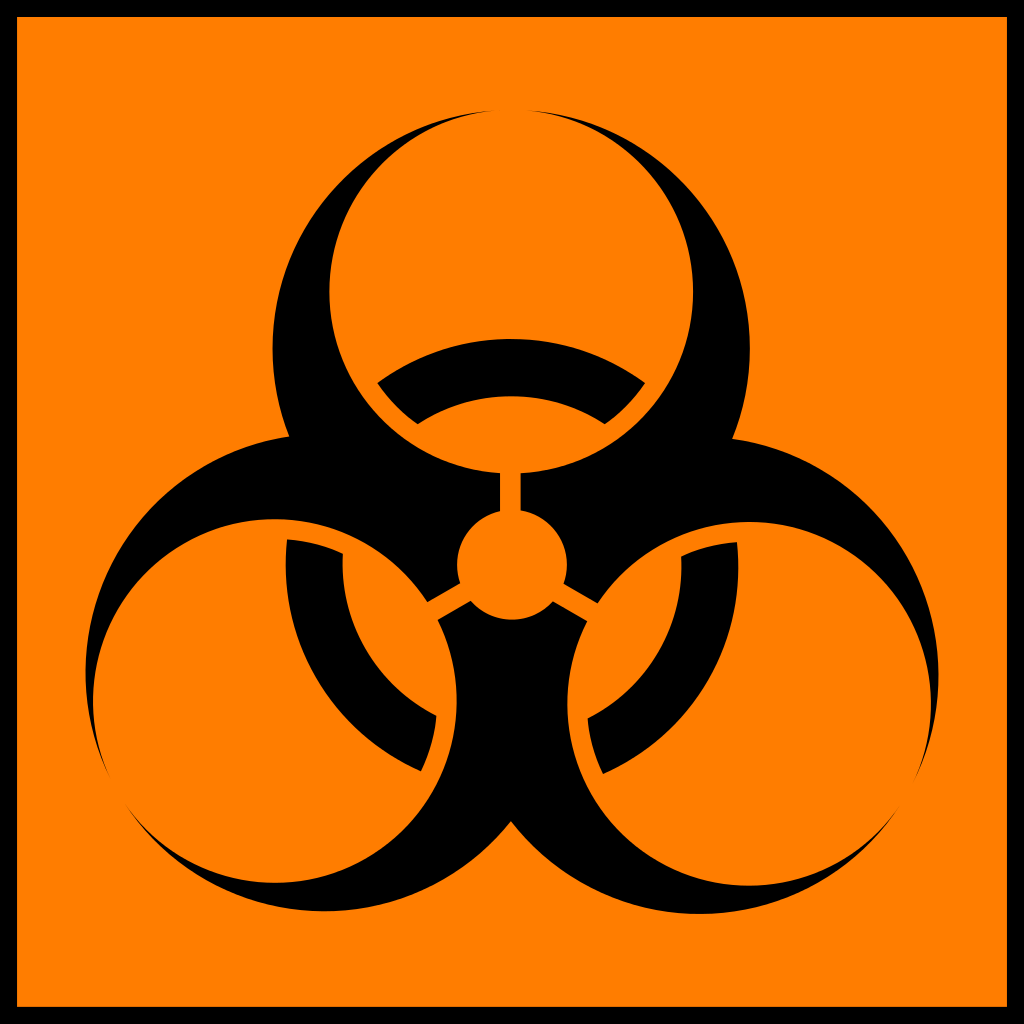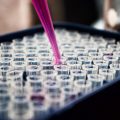
Recently we wrote about American scientists working in China to create human-monkey hybrids.
The goal, researchers say, is to grow organs for transplant patients, but other scientists have pointed out problems with this explanation.
Here’s another story about similar research being carried out on U.S. soil:
Last week NPR reported that scientists in America now are trying to manipulate human DNA.
The scientists are using the controversial gene-editing technology CRISPR.
The goal is to eliminate certain genetic anomalies and diseases.
First it was human embryos. Now scientists are trying to develop another way to modify human DNA that can be passed on to future generations, NPR has learned.
Reproductive biologists at Weill Cornell Medicine in New York City are attempting to use the powerful gene-editing technique called CRISPR to alter genes in human sperm. NPR got exclusive access to watch the controversial experiments underway. . . .
But others say editing DNA in sperm raises the same troubling questions as editing DNA in embryos. Would it ever be safe to make babies that way? Would it open the door to someone someday trying to make “designer babies”? Should scientists be trying to tinker with the human gene pool in ways that could affect generations to come?
There are plenty of reasons this kind of research is unethical. Here are two:
First, after manipulating the DNA in human sperm, the next logical step is to create human embryos for testing.
In other cases where CRISPR was used to edit human genes, this meant creating and killing unborn babies in the name of “science.” This kind of “create-and-kill” research is simply unconscionable.
Second, this research inevitably treats unborn children like lab material. The children created and affected by these sorts of gene-editing experiments have zero say in what happens to them. They are at the mercy of the researchers.
As we have said many times, human beings are not research material, but gene-editing technologies like CRISPR treat them that way.
All scientific research must respect the sanctity of human life.




